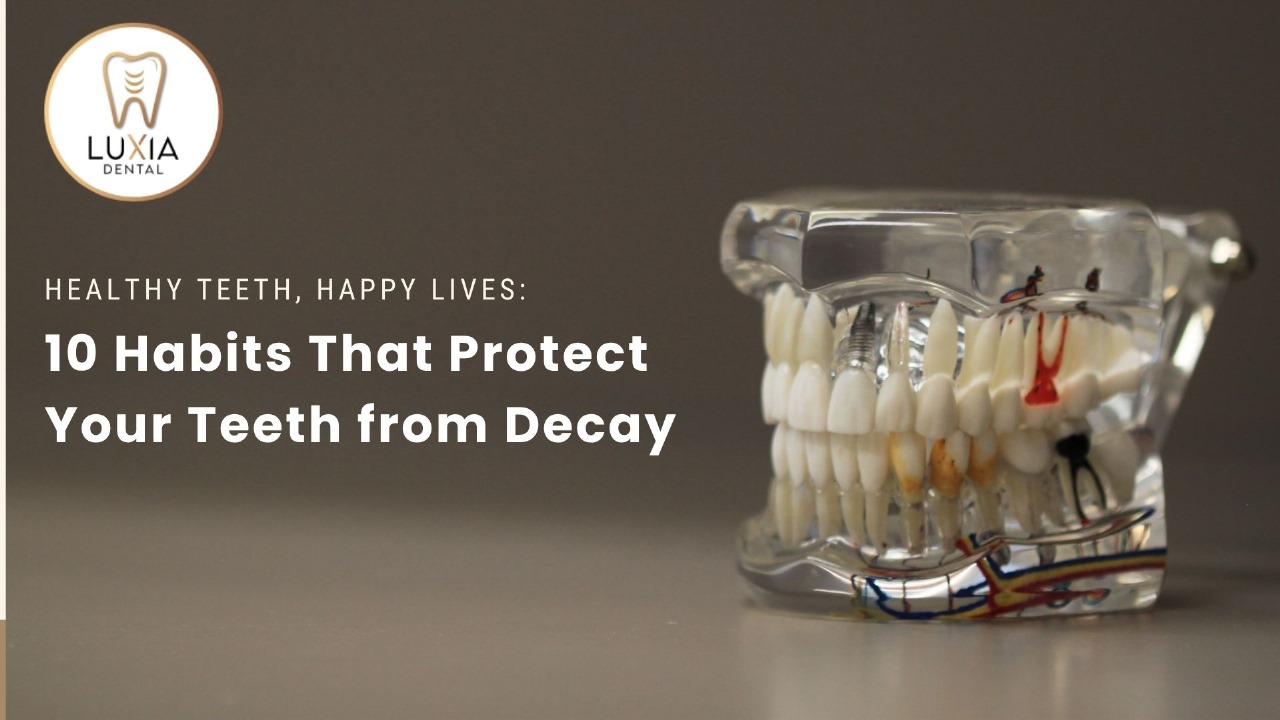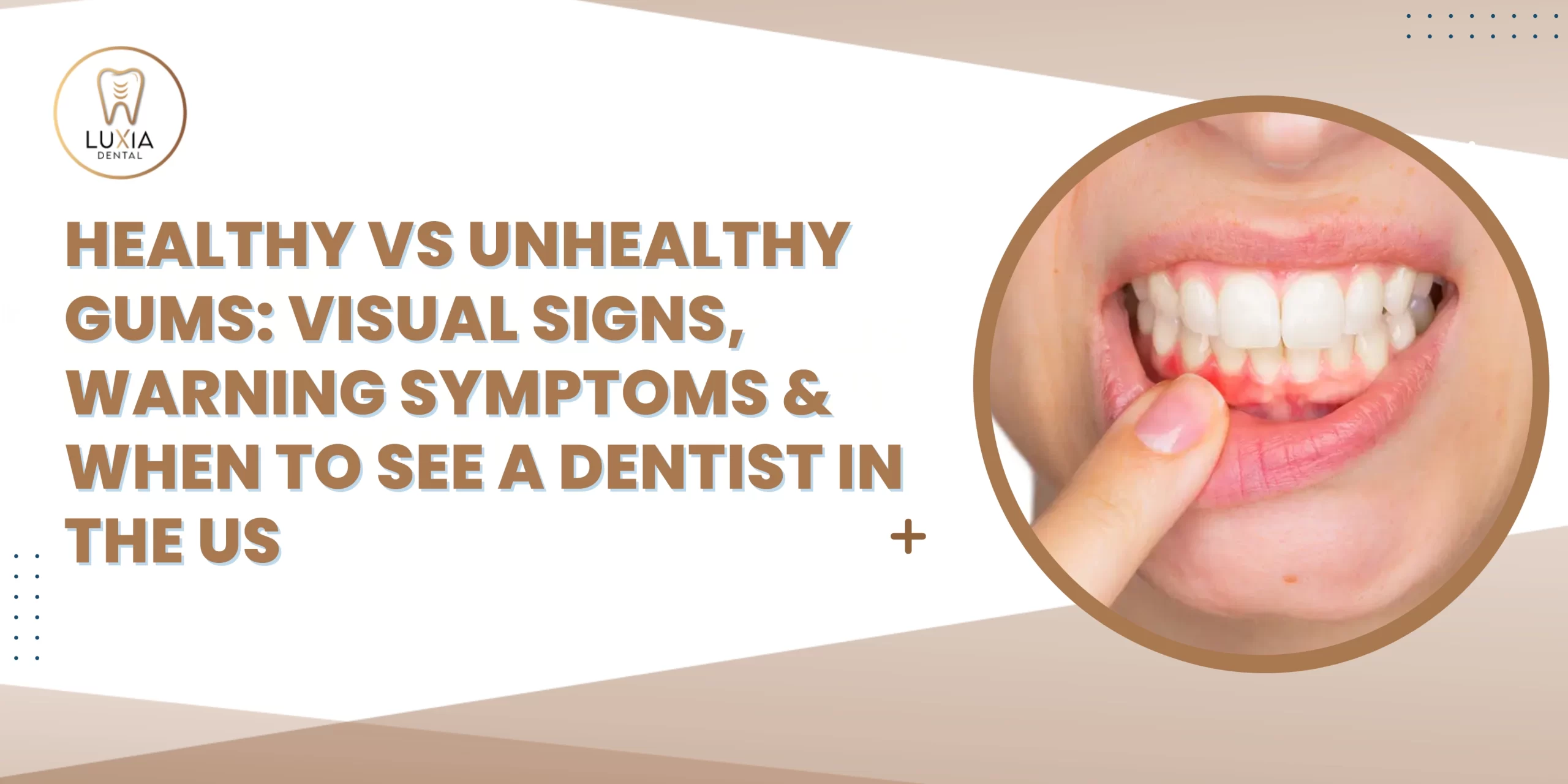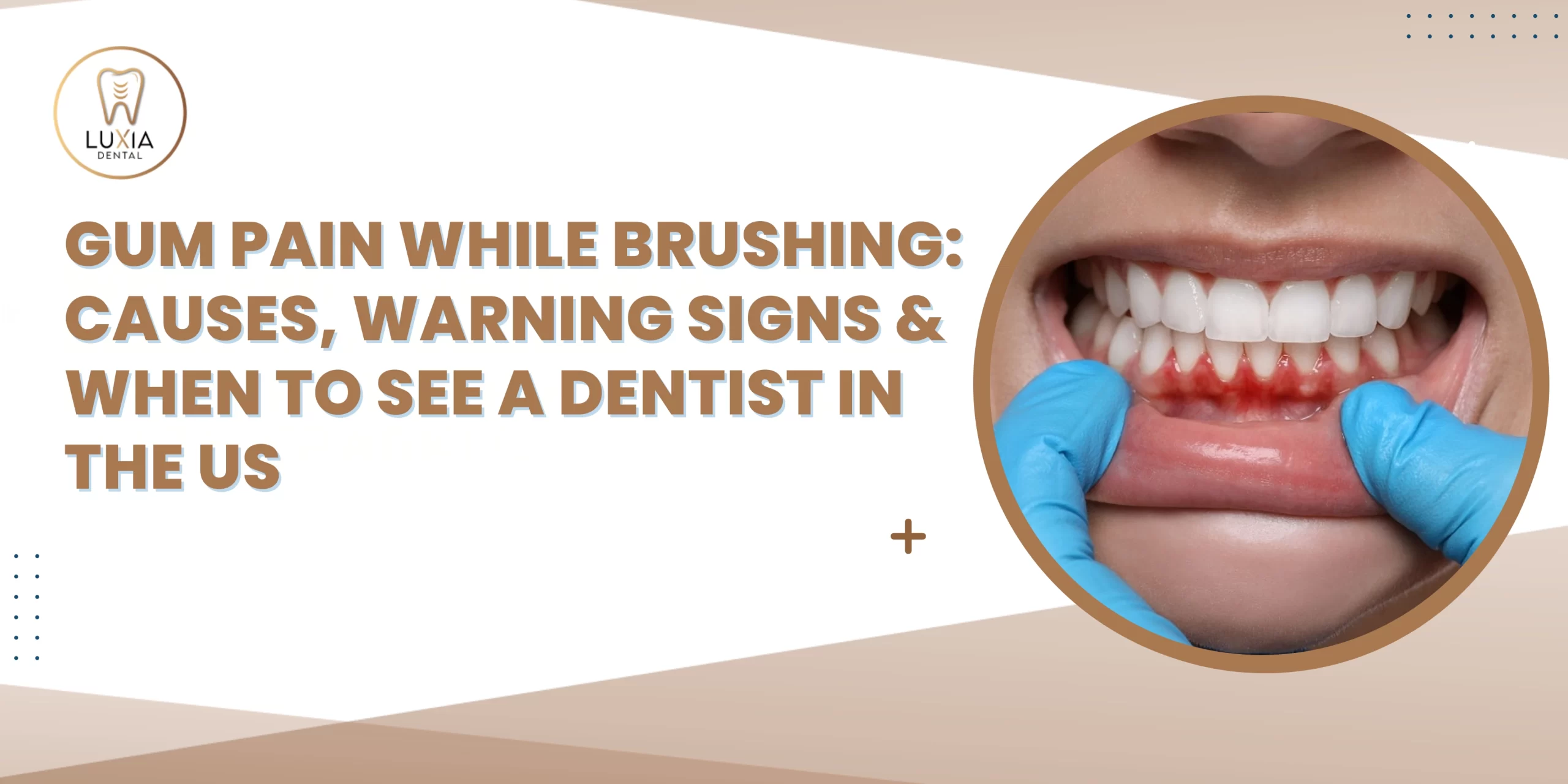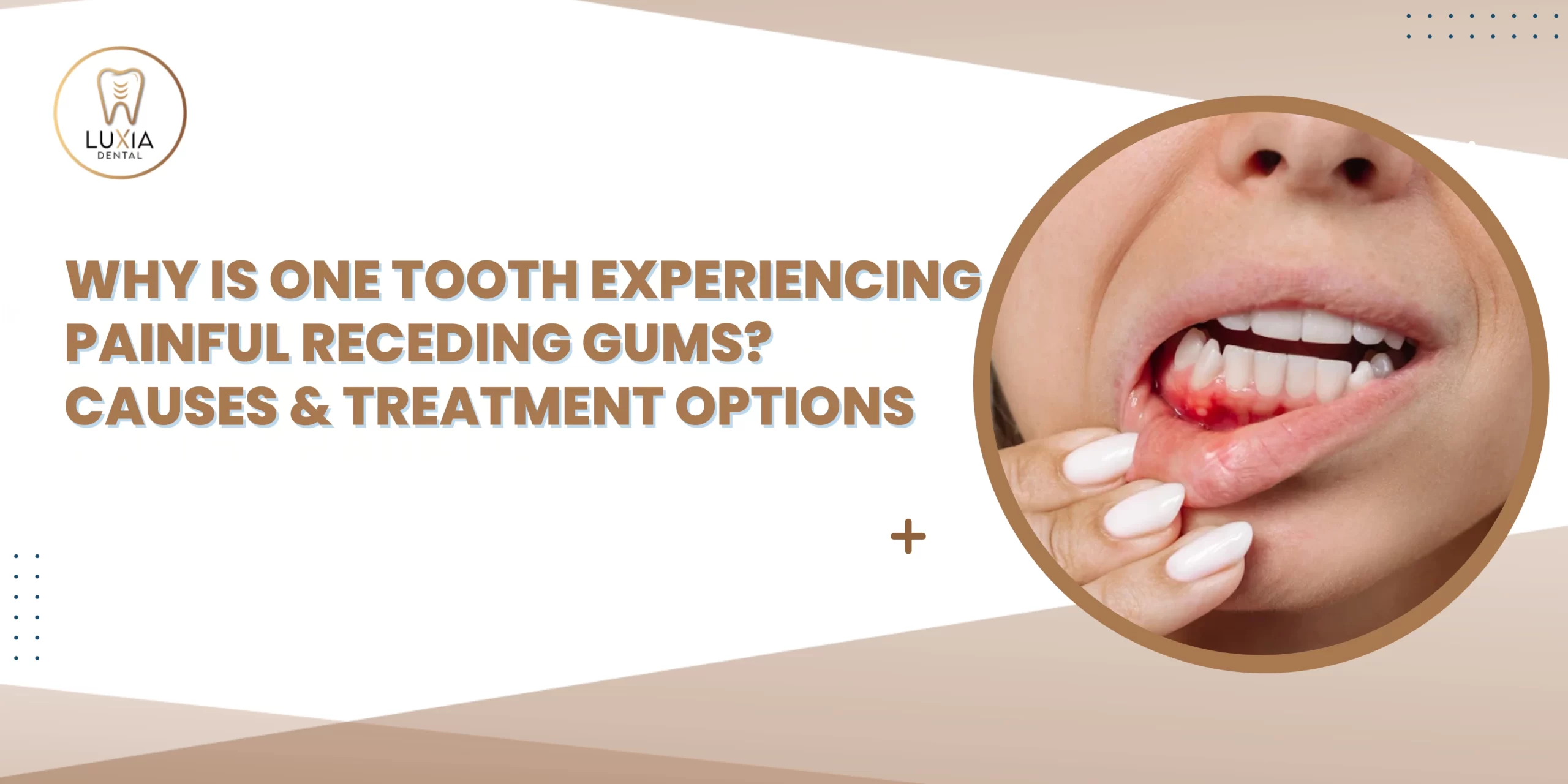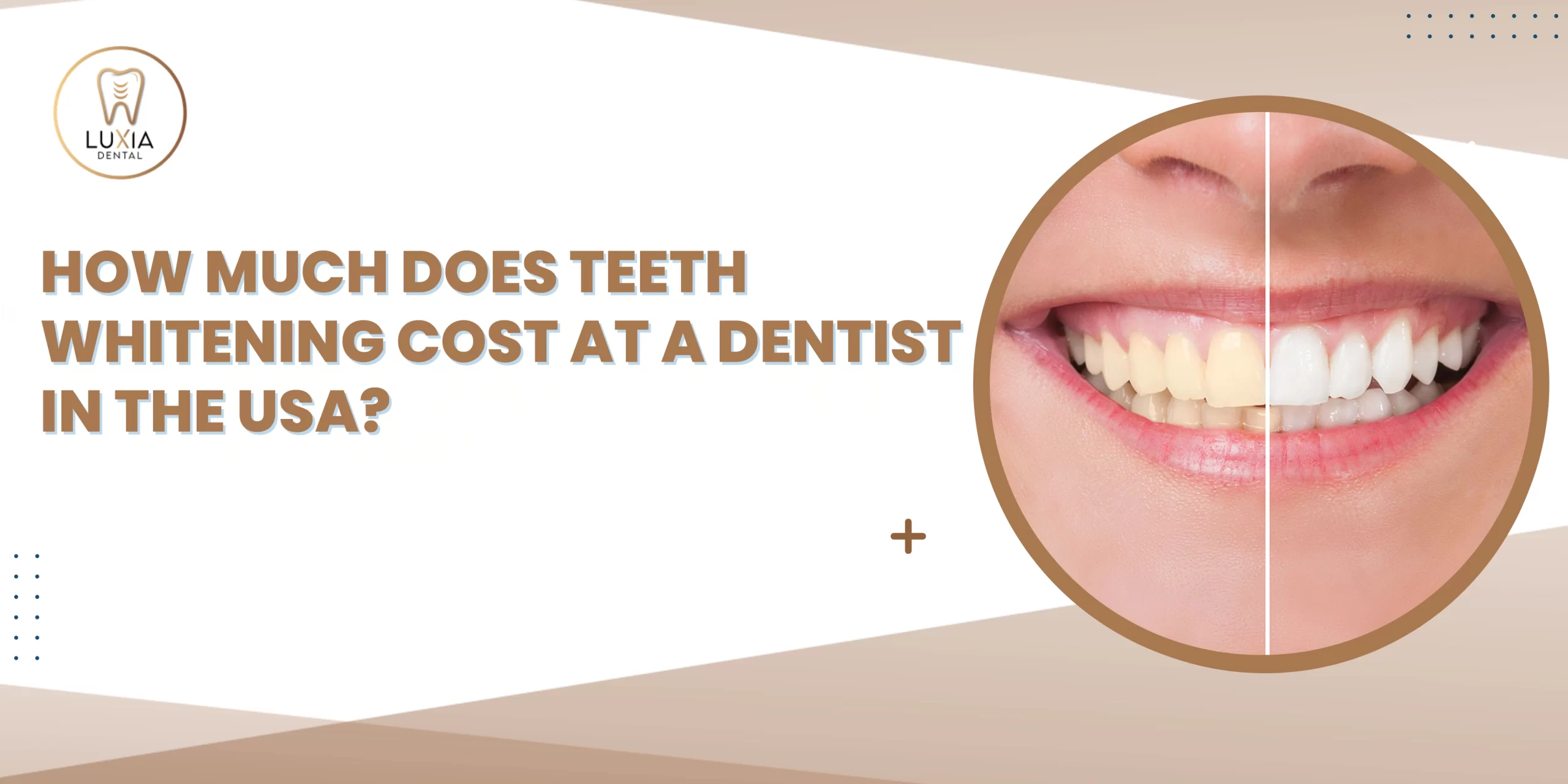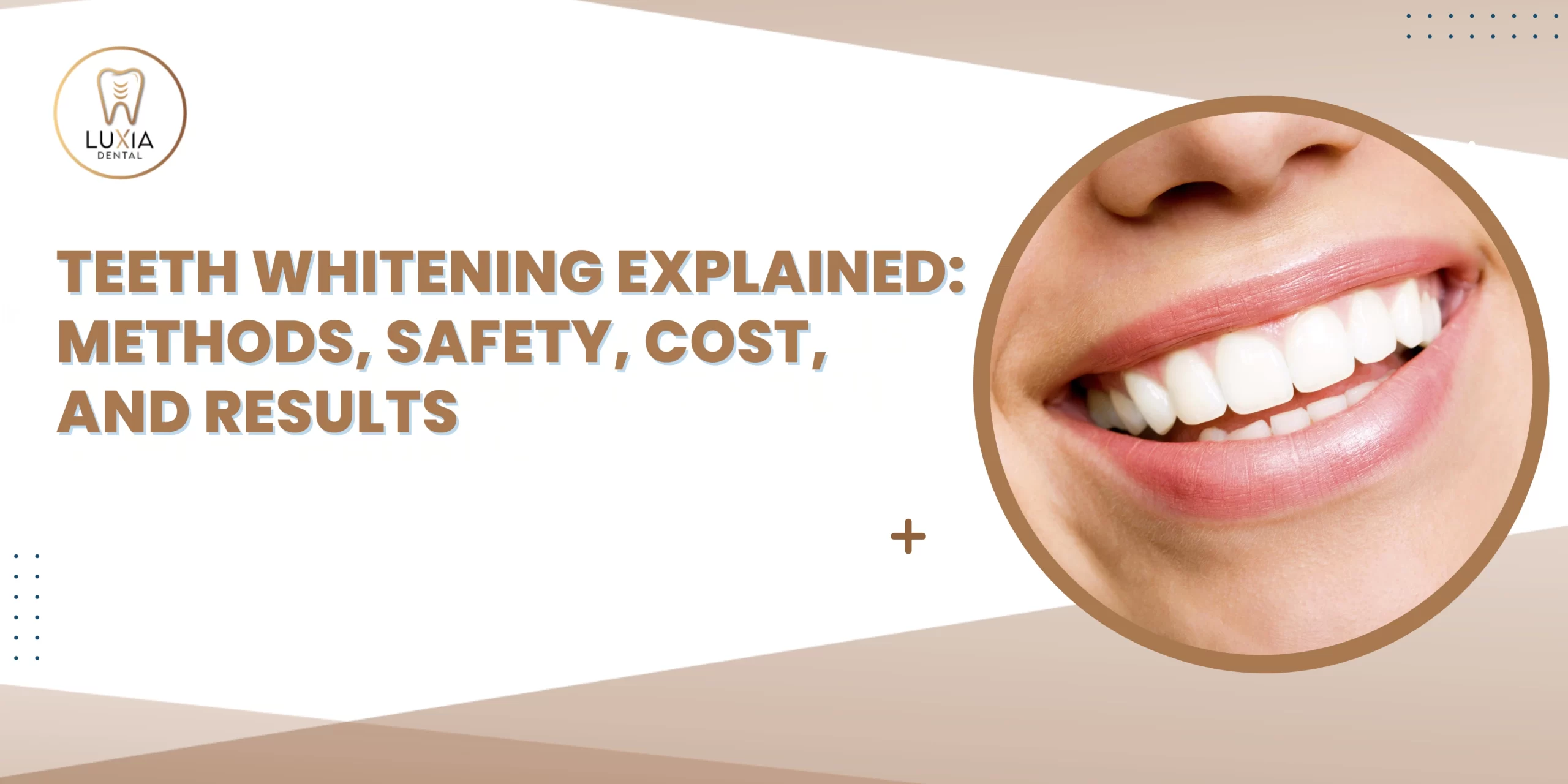A beautiful smile is more that a symbol of beautyit’s a reflection on your overall well-being. Dental decay, which is among the most frequent dental problems throughout the world, tends to develop slowly but it can result in gum disease, cavities or even tooth loss if neglected. The good news is that preven ting tooth decay doesn’t require costly treatment or complex routines — just regular, mindful practices for oral hygiene.
If you’re interested in keeping your teeth healthy and your smile sparkling Here are 10 dentally recommended ways to help protect dental decay from occurring and encourage long-term dental health.

1. Brush Twice a Day — the Right Way
It might sound simple however, brushing twice per day is the foundation for proper dental hygiene. The real key is in the way you brush.
Make sure you use a soft-bristled, soft-bristled tooth fluoride toothpaste. Brush for a minimum of two minutes, encompassing all surfaces, including front, back and chewing zones. Circular motions that are gentle and gentle help get rid of plaque without harming the teeth or the gums.
Avoid vigorous brushing because it could wear away enamel and trigger sensitization. The best time to brush is between breakfast and bedtime when the bacteria are at their peak.
2. Don’t Skip Flossing
The brush cleans around 60 percent of the teeth surface. The remainder is between your teeth, where the toothbrush isn’t able to reach. This is where flossing becomes crucial.
Flossing every day helps remove plaque and food particles that are trapped to prevent the buildup of bacteria which causes gum disease and decay. If flossing with traditional methods is too difficult Try floss pieces or water flossers to make it easier.
This simple step every day can make the world of impact in defending your teeth from decay-prone zones.
3. Rinse your mouth with a fluoride rinse
Fluoride is a naturally occurring mineral which strengthens enamel on teeth and can reverse the tooth decay early. Utilizing a fluoride mouthwash following flossing and brushing gives you extra protection.
Rinse for 30 seconds at least once or twice daily. It assists in removing any leftover debris also reduces bacteria and helps freshen breath.
For those who are prone to developing dental cavities or have sensitive teeth, alcohol-free mouthwashes can be an alternative that is gentler and provides benefits to fight cavities.
4. Maintain a Tooth-Friendly Diet
The food you consume has direct effects on the health of your mouth. Certain foods are good for your teeth while others aid in the growth of bacteria that cause decay.
- Reduce the intake of acidic and sugary foods Sugary and acidic foods: Sodas, sweets and processed foods are abrasive and can cause damage to enamel as well as give food to bacteria.
- Choose calcium-rich food choices Milk products, nuts and leafy greens help strengthen bones and teeth.
- Consume crunchy fruits and Vegetables such as carrots, apples and celery aid in cleaning your teeth naturally, and also stimulate saliva production.
A healthy diet not only improves your body’s health, but ensures that your smile stays bright and healthy.
5. Drink Plenty of Water
Water is the most basic and most effective defense against tooth decay. It cleanses food particles, diluents acids and keeps the pH of your mouth.
The fluoridated water that is found in a majority of municipal supply provides an additional layer of protection, by strengthening enamel.
Drink plenty of all day long, particularly between meals, snacks or drinks that contain sugar. This neutralizes acids and stops bacteria from getting into your teeth.
6. Avoid Frequent Snacking and Sugary Drinks
Each when you consume something that is sugary your mouth turns into an acidic place for bacteria. The more often you snack and drink, the less time your saliva spends in order to remove these acids.
To guard your teeth:
- Reduce the consumption of sugary drinks like sodas as well as energy drinks and juices of fruit.
- If you indulge take a sip through straws and wash your mouth following the drink.
- Choose healthy snacks such as nuts, cheese or yogurt. They can help you balance your pH in your mouth.
In between meals and snacks, you give your teeth a chance to recuperate and also strengthen enamel naturally.
7. Visit Your Dentist Regularly
Even even with the best home-based care, regular dental visits are crucial. Every six months, regular check-ups enable your dentist to spot early indications of gum disease or enamel loss.
Professionally cleaned teeth remove hardened plaque (tartar) that flossing and brushing alone won’t get rid of. The dentist may apply fluoride treatments as well as sealants to guard your teeth against decay.
Dental hygiene is preventive and not reactiveby identifying issues early, you save both money and time as well as discomfort later.

8. Protect Your Teeth During Sports and Night Grinding
Stress and physical activity can cause dental problems in a variety of unexpected ways.
- Wear a mouthguard if you participate in sports the custom-fitted mouthguard protects teeth from damage and fractures.
- Utilize a nightguard: Clenching or grinding (bruxism) in the night can wear down enamel and cause sensitive. A nightguard helps cushion your teeth, preventing any damage.
These simple measures of protection will help prevent long-term damage and costly dental repair.
9. Avoid Tobacco and Limit Alcohol
The use of tobacco and alcohol can cause harm to your liver or lungs but also create havoc on your oral health.
- Smoking decreases saliva flow, staining teeth which increases the chance of developing gum mouth cancer and gum disease.
- The mouth gets dry from alcohol and causes enamel erosion over time.
Reducing alcohol and smoking consumption can significantly improve dental hygiene, breath freshness and overall health.
10. Chew Sugar-Free Gum After Meals
Chewing gum that is sugar-free for 10 to 15 minutes following eating increases saliva production — which is your body’s natural defense against decay.
Saliva neutralizes acids and washes away food particles and aids in remineralizing enamel. Select gums that contain xylitol, natural sweetener, which combats the bacteria that cause cavities.
It’s an easy, go-to routine that keeps your teeth clean, fresh and safe during meals.
The Psychology Behind Good Oral Habits
Maintaining a healthy mouth isn’t just about routine, it’s about the mindset. Psychologists stress that habits develop by repetition and rewards. By relating flossing and brushing in confidence, self-care as well as your own you can reinforce positive behaviors.
Dental hygiene is also a factor in your self-image and mental well-being. A healthy, clean smile increases self-esteem, builds confidence in social situations, and lowers anxiety levels. The idea of treating your teeth as a aspect of overall wellness helps you remain consistent and stay focused.
Conclusion
Prevention of dental decay doesn’t require perfect and more about regularity. If you follow these 10 habits such as flossing, brushing and staying hydrated by drinking water, eating with care and going to the dentist and a dentist regularly, you will be able to safeguard your teeth for the foreseeable future.
Healthy teeth are the basis of a healthy smile and a healthy body. Start by making small, lasting adjustments, and with time it will become second nature. Make sure that your smile gets regular care, not just frequent focus. By focusing on your habits and taking a proactive approach, you’ll be able to have a beautiful, healthy smile that lasts for the rest of your life.
FAQs About Preventing Tooth Decay
1. When should I clean my teeth?
At minimum, twice per morning — before breakfast as well as before going to sleep with fluoride toothpaste.
2. Do you really need to floss?
Yes, it cleans food particles and plaque from areas that toothbrushes can’t reach.
3. Does diet affect the decay of teeth?
Absolutely. Acidic and sugary food items feed bacteria, while calcium-rich food items help strengthen enamel.
4. How can dentists help prevent tooth decay in a professional manner?
They make use of sealants, fluoride treatments and deep cleansing to strengthen enamel and eliminate tartar.
5. What’s the easiest daily habit to safeguard your teeth?
Drinking plenty of watercleanses, hydrates and ensures the health of your mouth.

